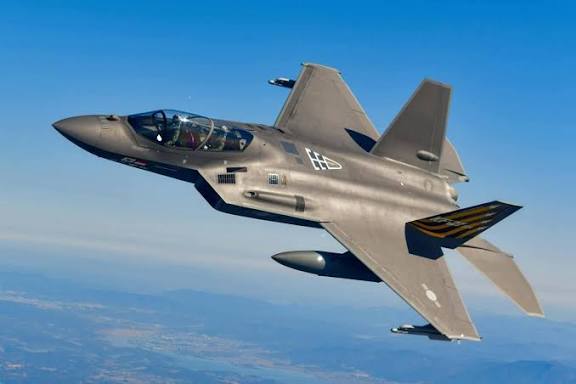
The race for air dominance has reached new heights with the arrival of fifth-generation fighter jets — stealthy, intelligent, and nearly invisible to radar. These advanced aircraft combine superior speed, agility, and sensor fusion to deliver unmatched performance in modern warfare. Here’s a look at the top 5 fifth-generation fighter jets in the world, ranked by technology, combat capability, and operational success.
1. Lockheed Martin F-35 Lightning II (USA)
The F-35 Lightning II tops the list as the most advanced and widely used fifth-generation fighter jet globally. Developed by Lockheed Martin, this multirole stealth aircraft comes in three variants — F-35A (Conventional Takeoff), F-35B (Short Takeoff/Vertical Landing), and F-35C (Carrier Variant).
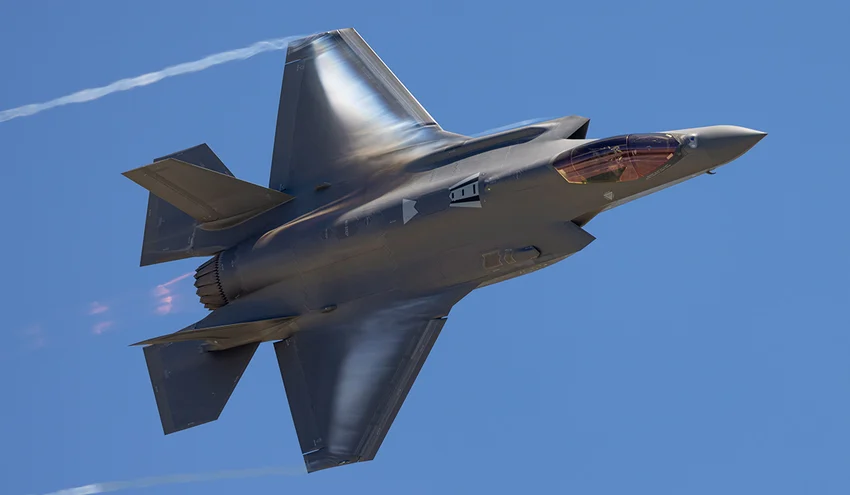
Key Features:
- -Stealth design and radar-absorbing coating
- -Advanced electronic warfare and sensor fusion
- -Real-time data sharing with other aircraft
- -Combat-proven in multiple operations
Operators: USA, UK, Italy, Japan, Israel, Australia, and several NATO countries.
Fun Fact: The F-35 program is the most expensive weapons project in history, exceeding $1.7 trillion in lifetime costs.
2. Lockheed Martin F-22 Raptor (USA)
The F-22 Raptor remains the benchmark for air superiority fighters. Designed for total dominance in the sky, this U.S. Air Force jet combines stealth, supercruise (Mach 1.8+ without afterburners), and extreme maneuverability.
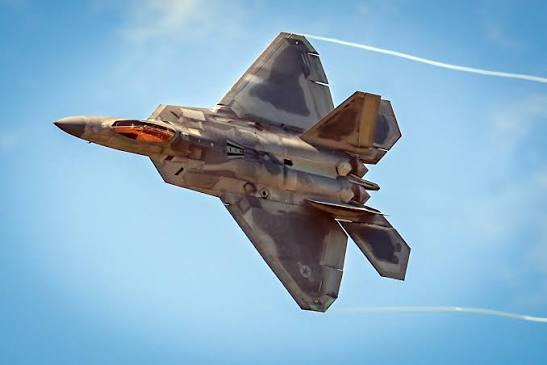
Key Features:
- -Dual-engine thrust vectoring for superior agility
- -Stealth radar cross-section
- -Advanced avionics and long-range sensors
- -Unmatched dogfighting capability
Limitation: Export of the F-22 is banned under U.S. law, keeping it exclusive to the U.S. Air Force.
3. Chengdu J-20 “Mighty Dragon” (China)
China’s answer to the F-22, the Chengdu J-20, is Asia’s first operational fifth-generation fighter. Built for stealth and long-range interception, it demonstrates China’s rapid advances in aerospace technology.
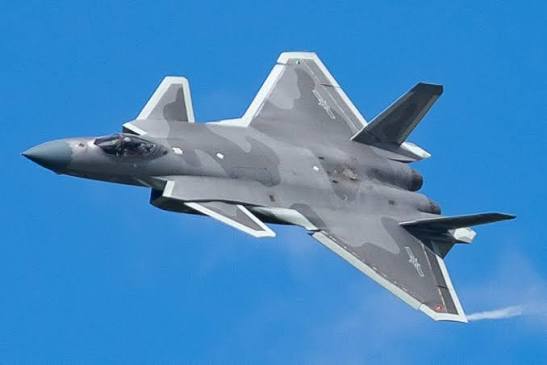
Key Features:
- -Stealth airframe with canard-delta design
- -Long-range radar and air-to-air missile systems
- -Modern glass cockpit with advanced targeting systems
- -Increasingly powerful WS-15 engines (domestic production)
Status: Fully operational with the People’s Liberation Army Air Force (PLAAF).
4. Sukhoi Su-57 “Felon” (Russia)
The Sukhoi Su-57, also known by NATO as “Felon,” is Russia’s first fifth-generation stealth fighter. It blends stealth with supermaneuverability and multi-role capabilities, making it both a fighter and a bomber.
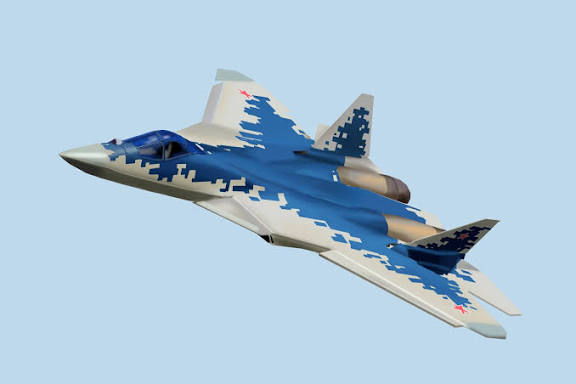
Key Features:
- -Advanced stealth coating and radar-deflecting design
- -Capable of carrying hypersonic missiles
- -3D thrust vectoring for extreme agility
- -Multi-role capability (air-to-air and air-to-ground)
Operators: Russian Air Force, with limited export discussions underway with India and other partners.
5. KF-21 Boramae (South Korea)
The KF-21 Boramae (“Hawk”) is South Korea’s entry into the fifth-generation fighter arena, developed by KAI (Korea Aerospace Industries) in collaboration with Indonesia. Though classified as a 4.5+ to 5th-generation aircraft, it features advanced stealth characteristics and next-generation avionics.

Key Features:
- -Reduced radar signature stealth design
- -Advanced AESA radar and electronic warfare systems
- -Multirole design for air superiority and strike missions
- -Designed for future upgrades to full 5th-gen standards
Expected to enter full production by 2026–2028, the KF-21 positions South Korea among elite aerospace powers.
Under Development
- HAL AMCA (India) – India’s upcoming stealth fighter under development by DRDO.
- Mitsubishi F-X (Japan) – Japan’s next-gen stealth fighter set to replace the F-2 by 2035.
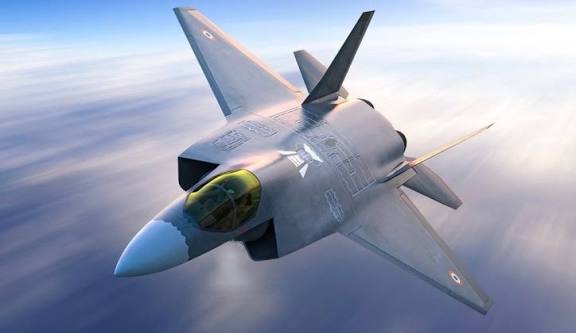
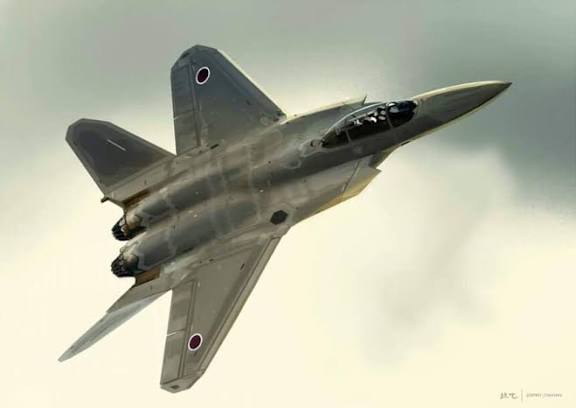
Fifth-generation fighter jets represent the cutting edge of aviation technology — where stealth, artificial intelligence, and precision weapons come together. The U.S. still leads the race with the F-22 and F-35, but China, Russia, and South Korea are fast closing the gap.
In the coming decade, expect AI-assisted warfare, hypersonic weapons, and drone teaming to redefine what sixth-generation combat will look like.